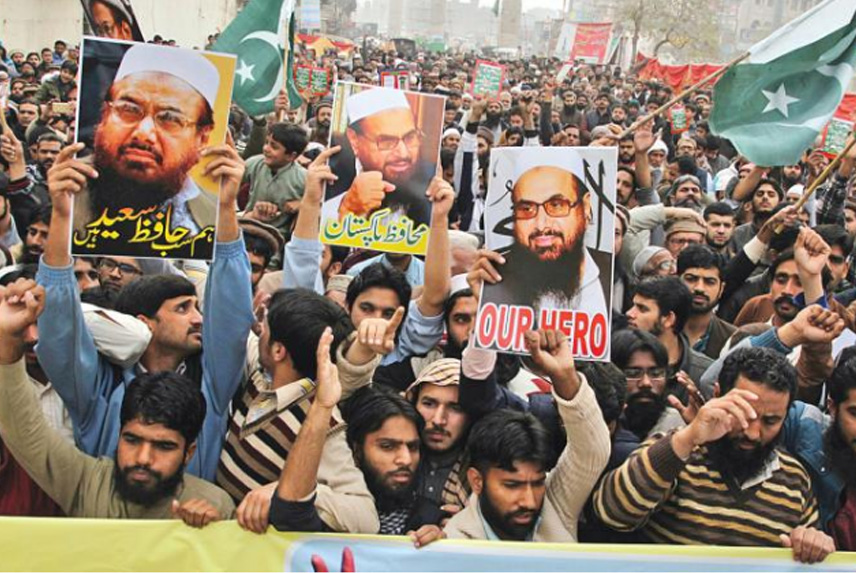
Posted On : Dec 14 2020
Lashkar-e-Tayyiba (LeT): A Deep Dive into the Notorious Militant Organization
Lashkar-e-Tayyiba, commonly known as LeT, is one of the most notorious militant organizations operating primarily in South Asia.

Founded in the early 1990s, LeT has been responsible for a series of deadly attacks, primarily in the Indian subcontinent, and has drawn international attention for its involvement in acts of terrorism. In this article, we'll delve into the origins, ideology, and global implications of LeT.
LeT was founded in 1987 in Afghanistan by Hafiz Muhammad Saeed, a charismatic and influential figure within the organization. Saeed, who was born in Pakistan, has long been associated with radical Islamist ideologies. LeT was initially established with the aim of liberating the Indian-administered region of Jammu and Kashmir from Indian control and establishing an Islamic state. Over the years, the group expanded its operations beyond Kashmir, targeting India and engaging in transnational terrorism.
LeT's ideology is rooted in extremist interpretations of Islam, particularly Salafism and Wahhabism. The group seeks to establish a strict interpretation of Sharia law in areas under its control and aims to unite all Muslims under a single Islamic state, encompassing not only the Indian subcontinent but also parts of Southeast Asia and beyond. LeT's militant objectives are primarily focused on the Indian state of Jammu and Kashmir, where it has carried out numerous attacks against Indian security forces and civilians.
LeT has been responsible for several high-profile attacks, with one of the most infamous being the 2008 Mumbai attacks. In November 2008, a group of LeT militants launched a coordinated assault on various targets in Mumbai, resulting in the deaths of over 160 people and injuring hundreds more. This attack brought LeT to the forefront of international counterterrorism efforts and strained relations between India and Pakistan.
The international community has designated LeT as a terrorist organization due to its involvement in acts of violence. Pakistan, where the group is headquartered, has faced significant pressure from the United States and other countries to crack down on LeT's activities. The group has been accused of receiving support from elements within Pakistan's intelligence agencies, adding complexity to the issue.
LeT's transnational ambitions have also raised concerns beyond South Asia. The group has sought to recruit individuals from various countries, including the United States and the United Kingdom, to carry out attacks or provide support for its activities. This global reach underscores the need for international cooperation in combating the threat posed by LeT.
Efforts to combat LeT have been multifaceted. Countries like India have sought to enhance their domestic security measures to protect against LeT attacks. Additionally, international organizations and foreign governments have applied diplomatic pressure on Pakistan to take more decisive action against the group.
The United Nations has imposed sanctions on key LeT leaders and sought to disrupt the group's funding networks. However, LeT has continued to operate, often under different names and in collaboration with other militant organizations.
Lashkar-e-Tayyiba remains a formidable and persistent threat in South Asia and beyond. Its ideological foundation, transnational reach, and history of violence make it a complex challenge for counterterrorism efforts. The group's ability to adapt and evolve in response to international pressure underscores the need for ongoing vigilance and cooperation among nations to effectively combat LeT's activities and prevent future acts of terrorism.
No Comments Added




















